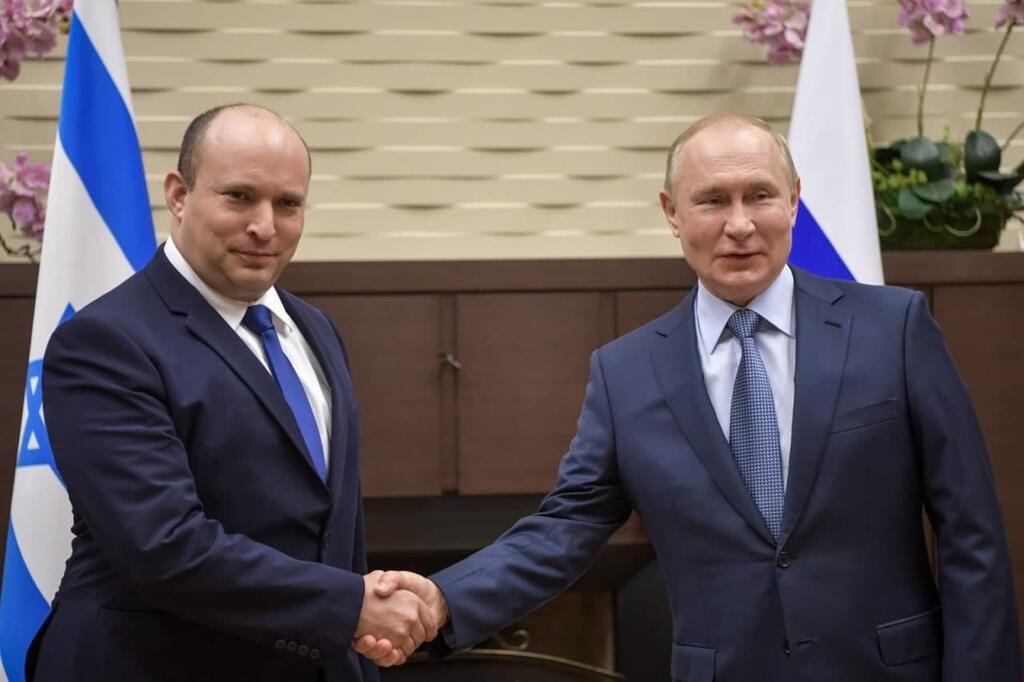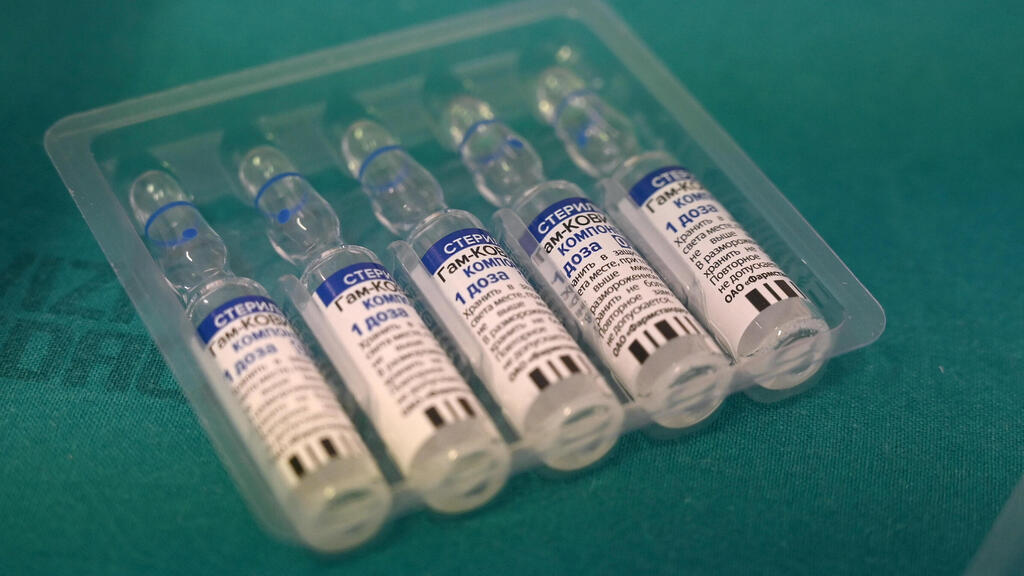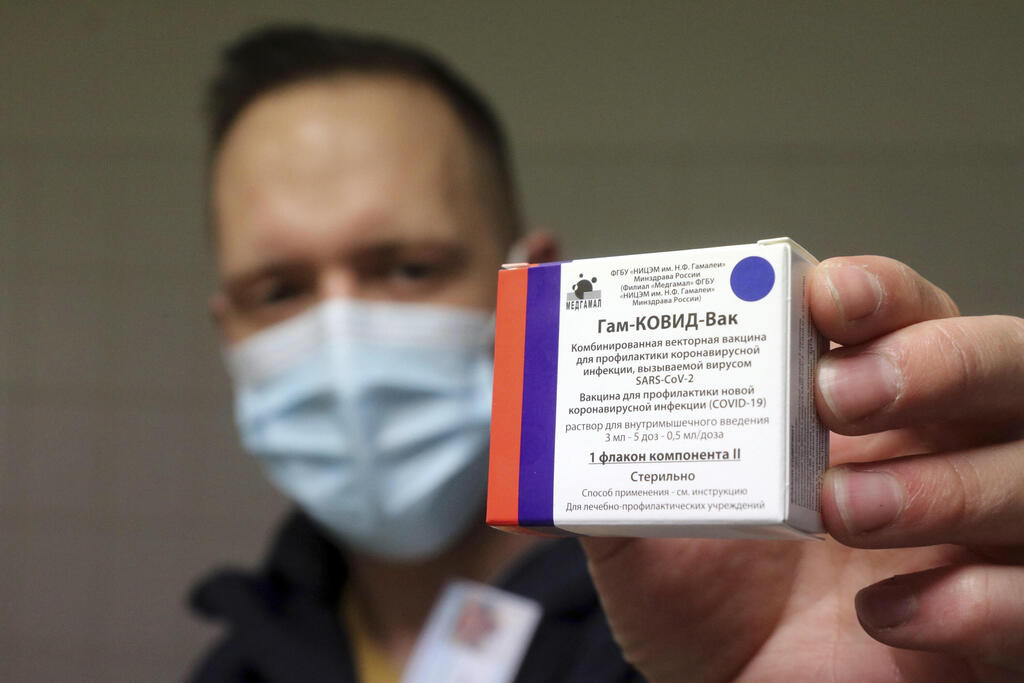Israel will allow tourists who received Russia's COVID vaccine to enter the country from November 15, the public broadcaster Kan reported on Wednesday.
The decision effectively overturns the rule currently in place that allows entry of tourists only if they have been vaccinated with a World Health Organization-recognized coronavirus vaccine. Russian Sputnik V vaccine has not been recognized by WHO so far.
The decision came just days after Prime Minister Naftali Bennett met with President Vladimir Putin and appears to be a gesture of goodwill to the Russian leader.
According to the new outline, tourists who have received the Russian vaccine will be required to undergo a serological examination upon arrival in Israel. And in case no antibodies are found, they will be asked to either enter isolation in Israel or return to their country of origin.
Apart from the serological examination, tourists vaccinated with Sputnik will be required to conduct two PCR tests. One will be carried out before boarding the plane and the other upon arrival to Israel.
Last week, Bennett asked to delay the potential recognition of the Russian vaccine until December 1, but was convinced to move the decision forward by two weeks.
The U.S. Food and Drug Administration and European Medicines Agency (EMA) have also not recognized Sputnik vaccines yet. As a result, Israel's decision will require legislative changes.
A source in the EMA, involved with the authorization process, said that Europe is not expected to give the green light for the vaccine this year, since additional information is required at the moment. "If the required information is received by the end of November, the regulators will probably be able to decide in the first quarter of next year," he said.
Russia allegedly pressured Israel to recognize its vaccine due to the fact that the Jewish state was the most advanced country in the world in its vaccination campaign, with the international community watching its steps.
The Russian request was brought up to the Israeli officials on several occasions. One of them was during the deal to release the Israeli woman who crossed the border into Syria. As a result, and as a part of the deal, Israel agreed to fund some $1.5 million for the purchase of Sputnik vaccines, which were transferred to Syria.
3 View gallery


Prime Minister Naftali Bennet and Russian President Vladimir Putin
(Photo: GPO/Kobi Gideon)
In an extensive study published in the British Journal of Medicine "The Lancet" last March, the Russian vaccine was effective at a 91% rate. And later, Russia announced that the vaccine was effective at an 83% rate against the Delta variant.
The Russian vaccine received considerable demand in Eastern Europe and Central America. In total, 70 countries around the world are said to be using it.



